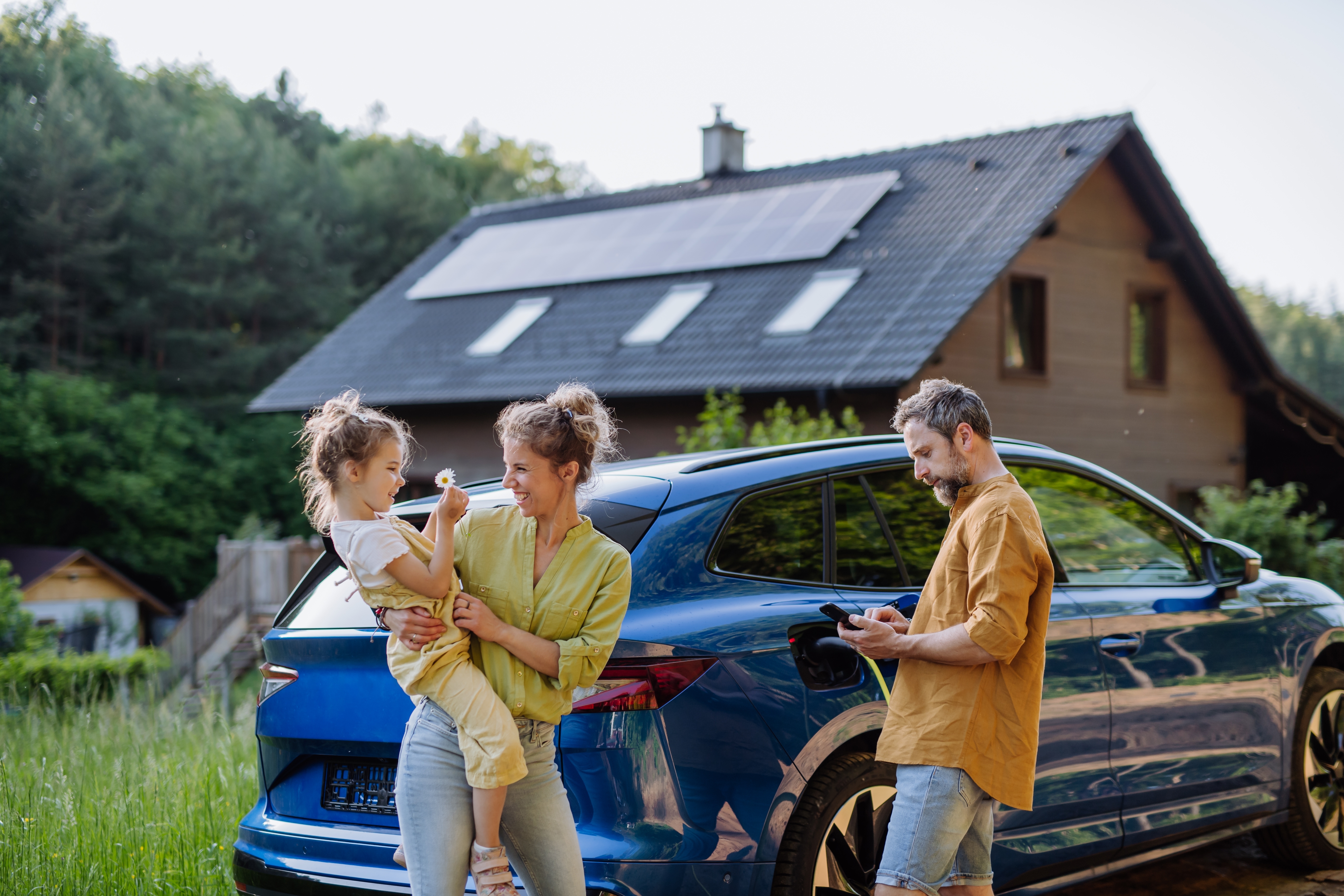With fossil fuels – coal, oil and gas – being the biggest contributor to climate change, it is clear that we, as individuals, and our governments have to invest in a renewable energy future. To prevent further wreckage on our environments and communities, we must advocate for ending new fossil fuel projects and subsidies to coal, oil and gas. By phasing out fossil fuels and transitioning to an energy system based on renewables, we can drastically reduce greenhouse emissions, and curb climate change!
Though there are some challenges in urgently leaving fossil fuel behind, we can look to countries that are cleverly using renewable resources to reduce their emissions and be inspired by their innovative mindsets and leadership.
Lesson #1: Be resourceful – Sweden
Sweden knows how to utilise its abundant supply of water and biomass – the country's top renewable energy sources are hydropower (for electricity production) and bioenergy (for heating). The country has also been very experimental with harvesting energy. In Stockholm, a real estate company managed to warm their building by using body heat from commuters passing through Stockholm's Central Station, reducing 25% of their energy bill. In 2012, Sweden already achieved their 2020 target of having renewables account for 50% of their total energy consumption. The government is aiming to have all sectors operated with 100% renewable energy power by 2040. While being on that quest, Sweden is "transforming homes into highly efficient prosumers", where residents live in buildings that both create and consume most of their own energy.
Individual action:
If you are able to get solar panels on your home, you can generate energy for your home using the sun! If you've already got solar panels, spend time understanding the process and how to best utilise them. Not only are you helping to save the planet with solar power, you will also save on your energy bills! Our partner, Solar Analytics, can help you manage and monitor your solar energy!Lesson #2: Starting small – Iceland
Iceland is one of the top 10 producers of geothermal energy globally, with 9 out of 10 homes currently being heated by geothermal energy. With its unique geography, the country is in a very active volcanic zone that provides its geothermal resources. However, it wasn't until the early 1970s that the small nation began to make its transition towards using renewable energy. In fact, fossil fuels accounted for a large portion of the country's energy consumption before then. The most inspiring aspect of Iceland's transition to renewables is it all started with one individual. In the early 1900s, a farmer discovered how to connect his farm to a neighbouring hot spring, which inspired other farmers to do the same, and soon enough larger geothermal projects were developed on a commercial and systemic scale.
Individual action:
Transforming your home away from a reliance on fossil fuels can be expensive and time consuming but you don't need to do everything at once! Start with energy efficiency to save money and get your home ready for any big changes you want to make. This could look like draught proofing, reducing your energy consumption through habit changes, switching to energy efficient light globes, upgrading inefficient appliances and more!
Starting small in your home and in your community creates long lasting change. We often think that one person can't do much, but Iceland's success story tells us differently. Individual actions, households and community projects that help mitigate climate change matter. As our founder, Natalie, says in her book, "This is the power of people who haven't waited for politicians to tell them what to do, and who instead have gone out and invested their own money in a form of climate action, even if for some their main motivation is saving money rather than environmental protection"
Lesson #3: Nobody's left behind – Uruguay
For a country that used to rely greatly on imported fossil fuels for energy generation, Uruguay's rapid transformation – wind power increasing from 1% to 34% in its electricity mix in just five years – is motivating to say the least. President Tabare Vazquez sprung to action when oil prices soared in 2008. He quickly searched for an alternative, turning to physicist Ramon Mendez Galain, who later installed 50 windfarms to bolster the country's hydropower over a decade. Uruguay's administration adopted a "just transition", ensuring that energy sector workers wouldn't be left out. What became central to that process was the creation of 50,000 new jobs and the retraining schemes offered to energy sector workers to adjust to the start of an age. In 2022, renewable sources accounted for 91% of their electricity supply.
Individual action:
Every job can be a climate job! Think about the influence you have in your role or company to create change.
You could encourage your office to compost food scraps, get your building on a green energy plan or shift your workplace culture to incorporate practices that do not harm the environment like biking to work instead of driving. Every person, every job, and every business can be part of the solution, we don't need to keep continuing business as usual!
Lesson #4: Bipartisan support for climate action matters – United Kingdom
2023was recorded as the UK's best-ever year for renewable energy, as the country experienced impressive growth in the installation rates of low carbon heat installations and solar panels. It is also currently a world leader in offshore wind energy – the UK has the largest offshore wind farm in the world and is powering 7.5 million homes with its offshore wind energy. To put into perspective, the UK's offshore wind capacity, at 8200W, is equivalent to around 1/3 of Australia's coal capacity. Moreover, unlike in Australia, there has constantly been bipartisan support for climate action in the UK. The UK's Climate Change Act was passed a decade ago with nearlya unanimous vote while its revised 2050 emissions target was also met with bi-partisan support in 2019.
Individual action:
Have a meeting, write a letter, talk to your locally elected politician to ask them about the renewable energy transition in your community. If they are doing work on households' access to home electrification, keep encouraging them and if they aren't, suggest this as an area of policy that will really help their constituents to act on climate, save money and have healthy, efficient homes!Header image from Shutterstock


